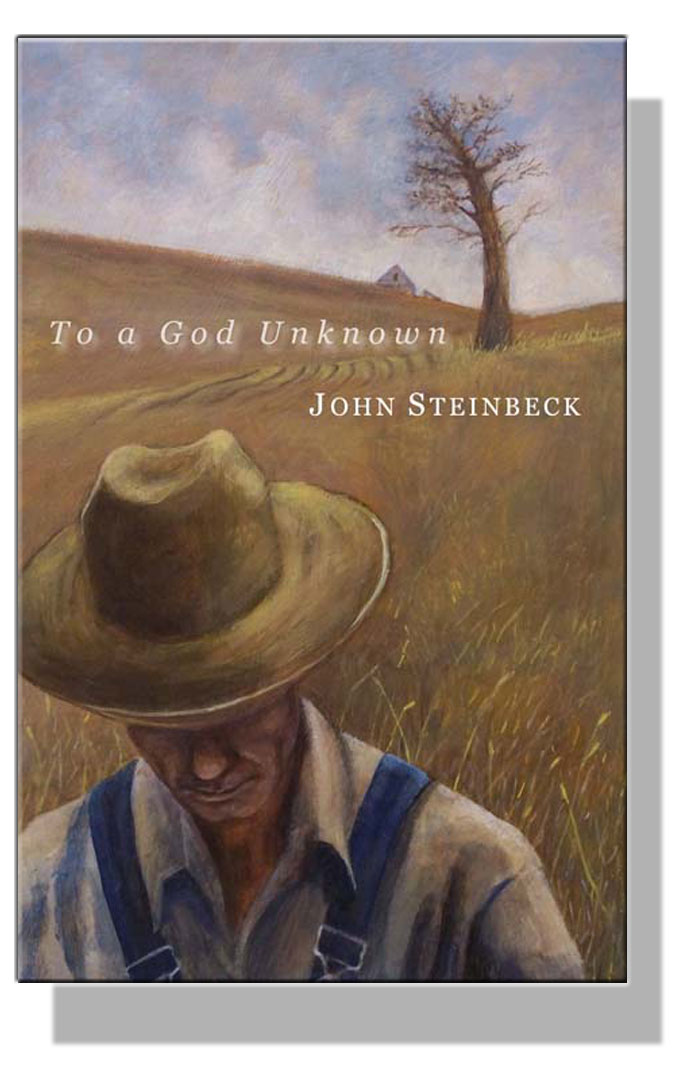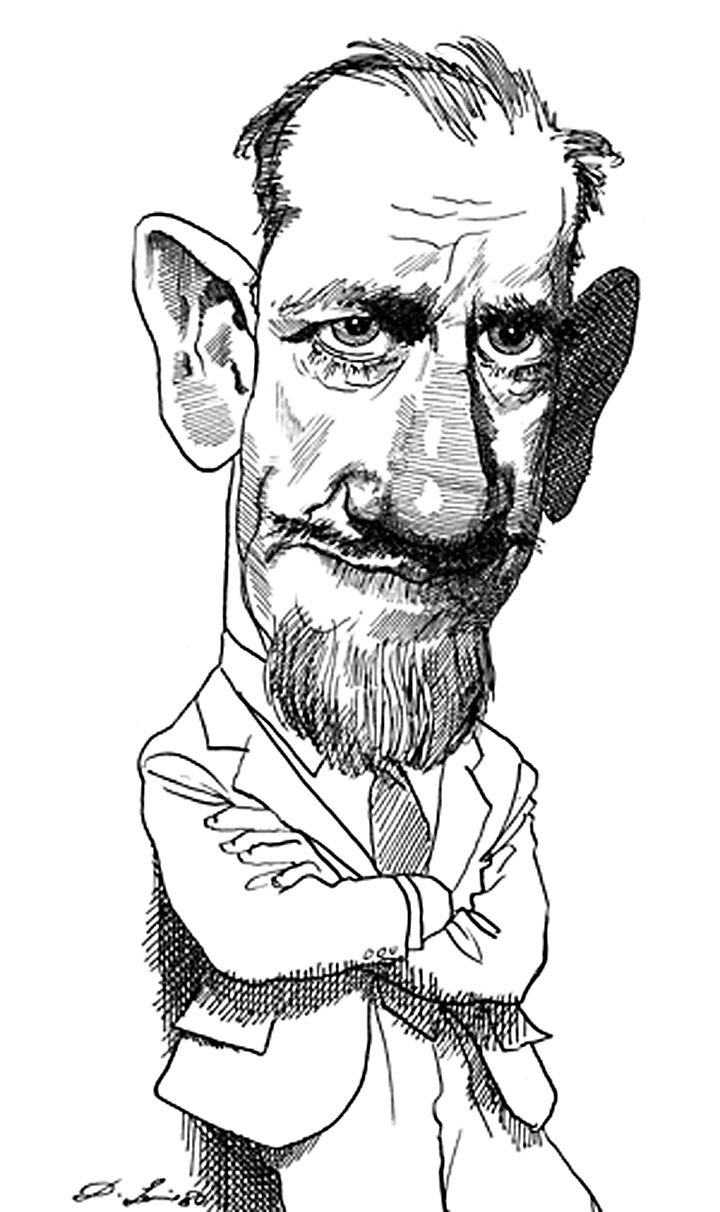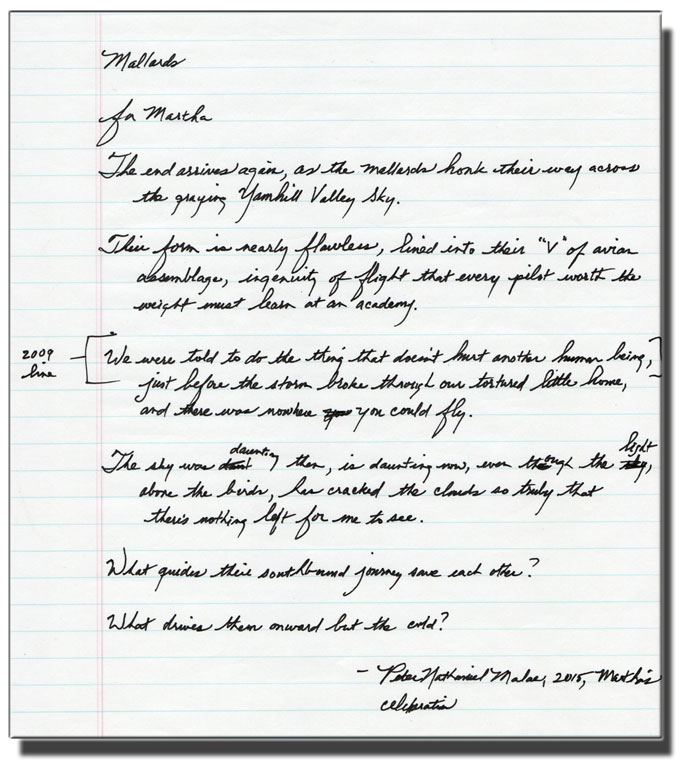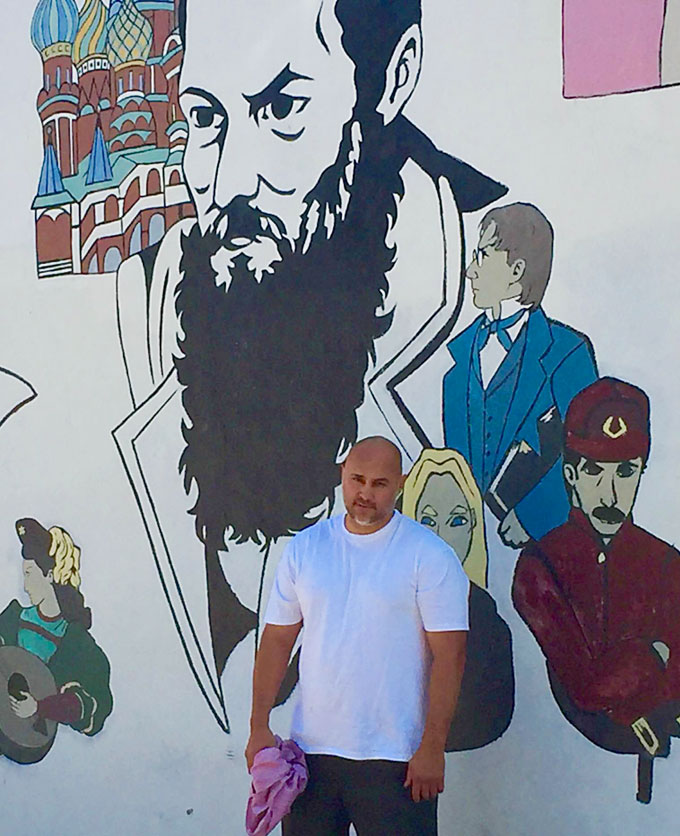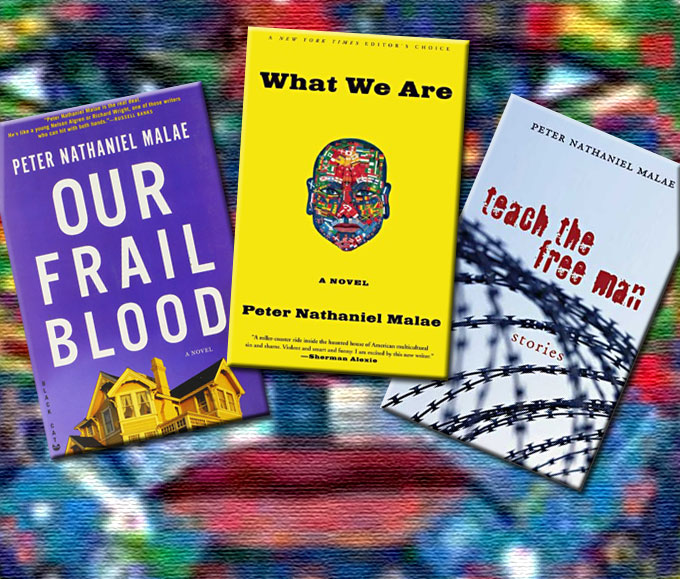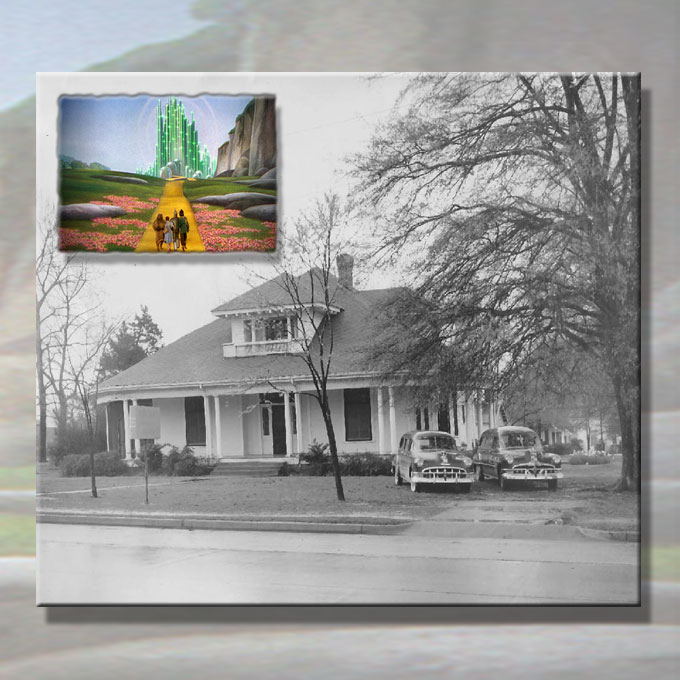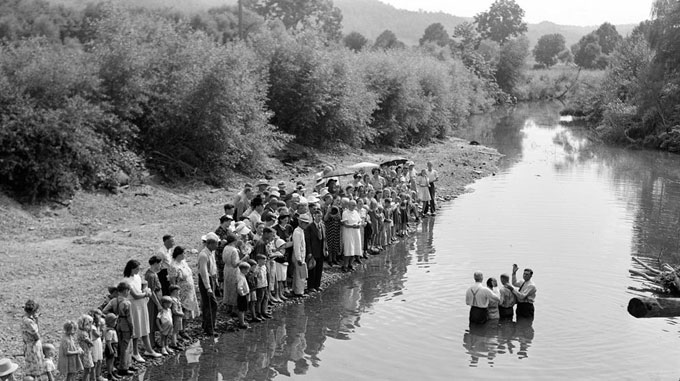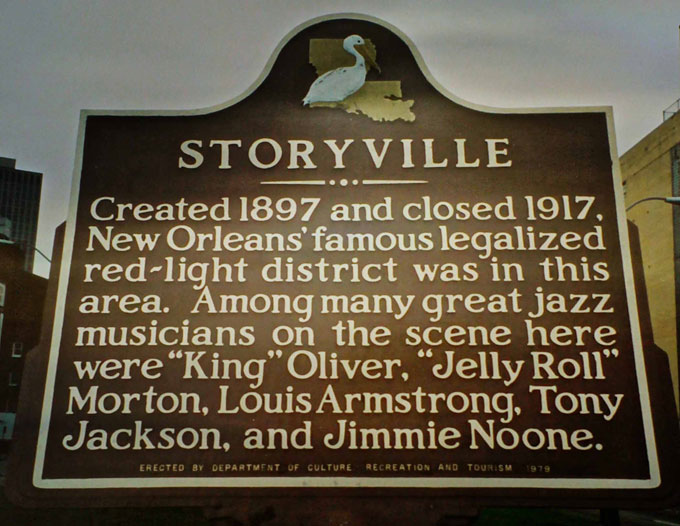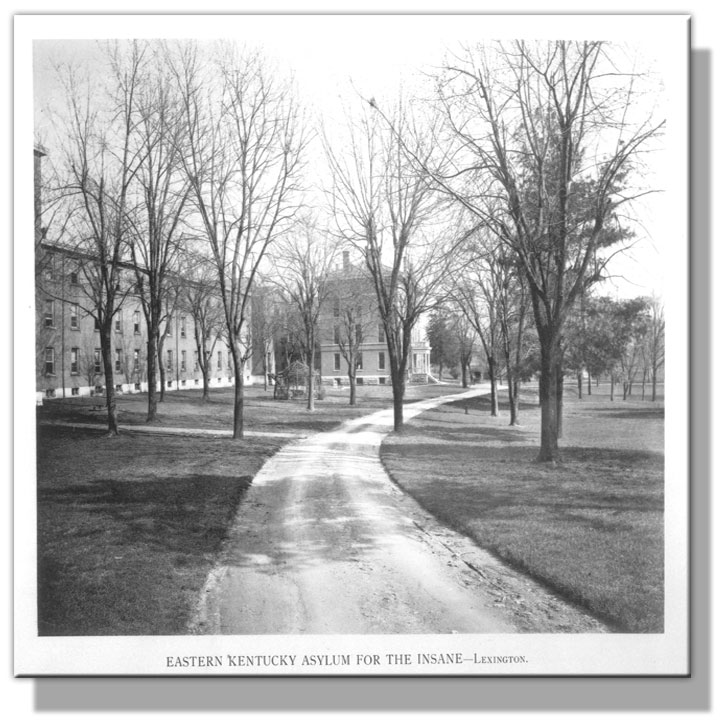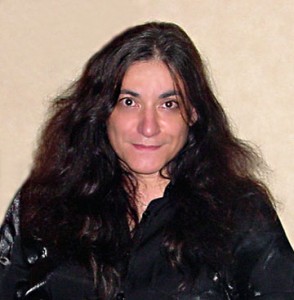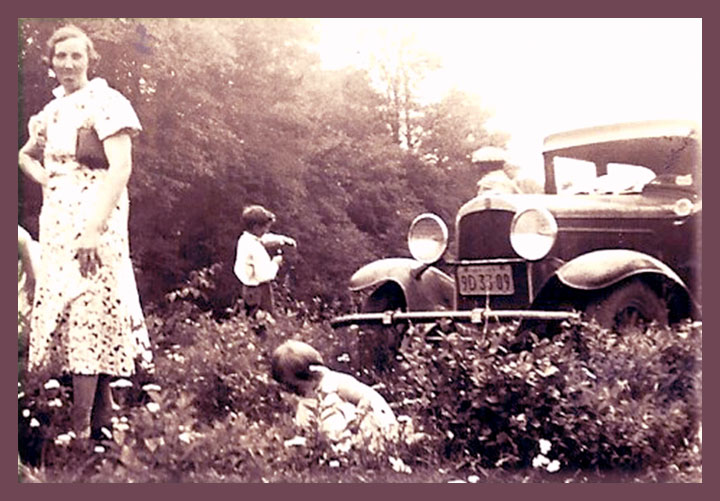It’s easy to read John Steinbeck’s The Grapes of Wrath, winner of the 1940 Pulitzer Prize, and as Stephen King describes in his best-selling book On Writing, to have “feelings of despair and good old-fashioned jealousy—[thoughts like] I’ll never be able to write anything that good, not if I live to be a thousand.”
Like King’s wise counsel about how to be a writer, John Steinbeck’s masterwork is a “spur” that “goad[s] the writer to work harder and aim higher.” During President Donald Trump’s regime of diminished-to-defunct arts funding, new writers—in addition to emerging musicians, painters, sculptors, photographers, and all creative people committed to contributing to civilization through art—can take inspiration from the inauspicious circumstances surrounding the publication of Steinbeck’s difficult second novel.
In the introduction to the Penguin Classic edition of To a God Unknown—originally published in 1933, four years after Steinbeck’s first novel, Cup Of Gold, and six years before The Grapes of Wrath—the poet-scholar Robert DeMott writes that “Steinbeck labored longer on [it] than on any other book.” As DeMott notes, it took Steinbeck many, many revisions, crises in confidence, and almost five years to complete his second novel. (The Pastures of Heaven, published in 1932, is a sequence of stories—not a traditional novel—about the bad luck a new family brings to a happy valley.)
Flush with cryptic and crystalline allusions to paganism, Christianity, and the Greek epics, To a God Unknown is at base a pioneering tale. It tells the story of Joseph Wayne and his family leaving Vermont to homestead initially fertile but increasingly—and eventually, climactically and cataclysmically—drought-ravaged farmland in California’s southern Salinas Valley. Putting aside California’s recent rainy spell, and considering President Trump’s already abysmal record on global warming and the environment, one might say the book portends critical warnings for America’s future. In a journal entry, Steinbeck wrote, “[t]he story is a parable . . . the story of a race, growth and death. Each figure is a population, and the stones, the trees, the muscled mountains are the world – but not the world apart from man – the world and man – the one indescribable unit man plus his environment.”
Critical reviews of To a God Unknown were as savage as the feral wilderness it depicts. Virginia Barney opined in The New York Times that the novel was “a curious hodgepodge of vague moods and irrelevant meanings.” A book critic from The Nation characterized it as “pitifully thin and shadowy.” As Robert DeMott notes in Steinbeck’s Typewriter: Essays on His Art, “not [even] enough copies [of the book] sold [for the publisher] to recoup the small advance” Steinbeck received.
What if John Steinbeck Had Stopped Writing in 1933?
And yet it is precisely through this example of Steinbeck’s early literary stumbles that I submit all brave new artists can find the courage, the resoluteness, and the abiding faith in the value of their art to persevere through rough spots, honing their craft through lean times as Steinbeck did—at risk to wallet, ego, and at times, to relationships.
Imagine the gaping, un-fillable hole in American literature if, after the unfavorable reviews of To a God Unknown and The Pastures of Heaven, Steinbeck had decided to up and quit. What if, disheartened and disconsolate by the failure of To a God Unknown—which foreshadows elements and devices brought to masterful fruition in The Grapes of Wrath—Steinbeck had packed up his pen, paper, and typewriter, period, end of story—and I hasten to add, end of all his stories?
In 2014 the novelist David Gordon described the business of writing in The New York Times as “a risky and humiliating endeavor.” Softened by self-deprecation, Gordon’s column firmly gut-kicks prospective authors with an honest peek at the lonely, ascetic, self-possessed lives that most writers by necessity lead. “Let’s face it [Gordon observed]: just writing something, anything and showing it to the world, is to risk ridicule and shame. What if it is bad? What if no one wants to read it, publish it? What if I can’t even finish the thing?” Both during and after the writing of To a God Unknown and the book’s blisteringly bad reception, Steinbeck could have succumbed to any of these common writer’s ailments, never to be heard from again.
But he didn’t. He kept on writing instead.
To paraphrase Don Chiasson’s recent New Yorker magazine review of the biography of the poet Robert Lowell by Kay Redfield Jamison, “Perhaps [he had no choice, because as Gordon observed] being a writer is a bit like having Tourette’s, a neurological disorder. Or what psychologists call ‘intrusive thoughts’: unwanted and disturbing ideas and images that suddenly attack us unbidden. A need to speak the unspeakable thing.” Adds Chiasson, “mood disorders occur with staggering frequency in creative people, and writers seem to suffer the most.”
Perhaps. But unquestionably To a God Unknown—written when Steinbeck was a published-but-still-struggling 30-year-old grinding away in obscurity and insecurity—provides evidence of a sturdy self-belief, the kind of grit I submit all successful or striving artists must possess. This tough and necessary tenacity is embodied in Steinbeck’s advice to his friend and fellow novelist, George Albee: “Fine artistic things seem always to be done in the face of difficulties, and the rocky soil, which seems to give the finest flower, is contempt. Don’t fool yourself, appreciation doesn’t make artists. It ruins them. A man’s best work is done when he is fighting to make himself heard, not when swooning audiences wait for his paragraphs.”
